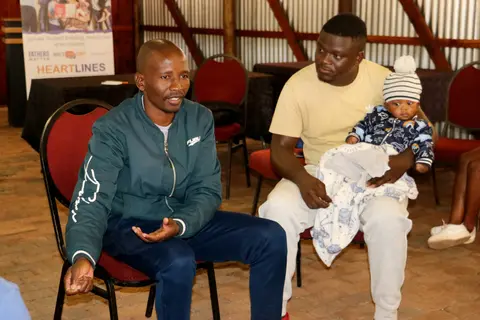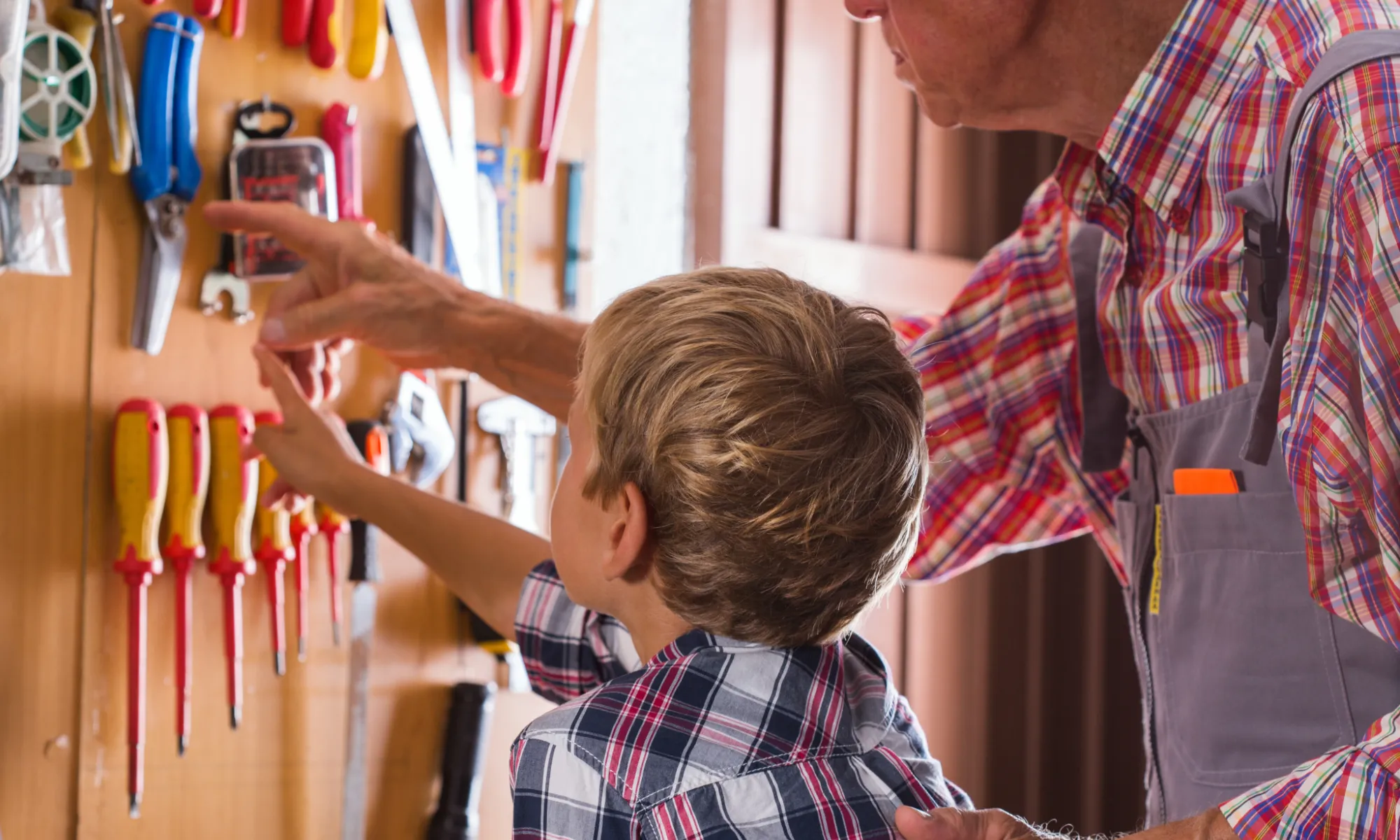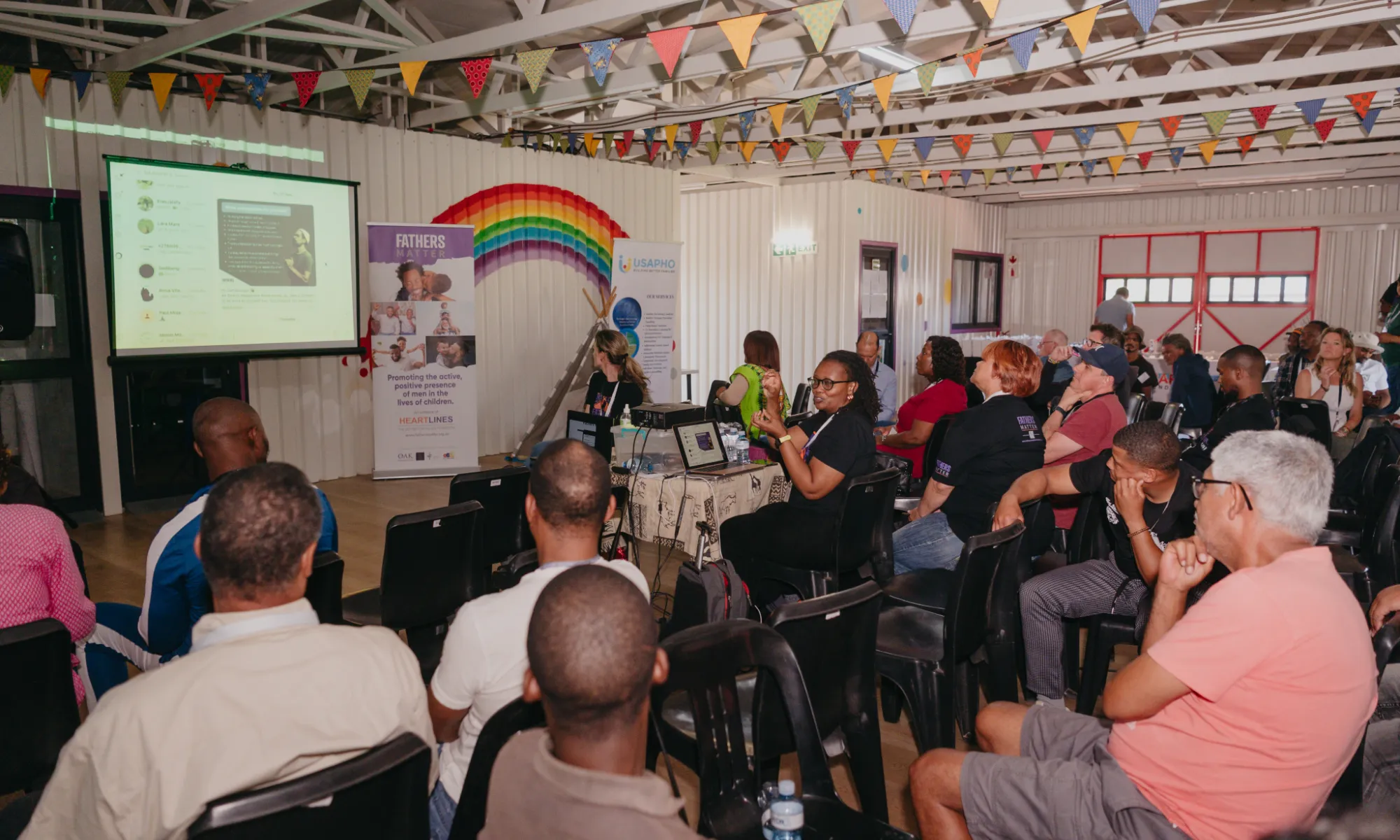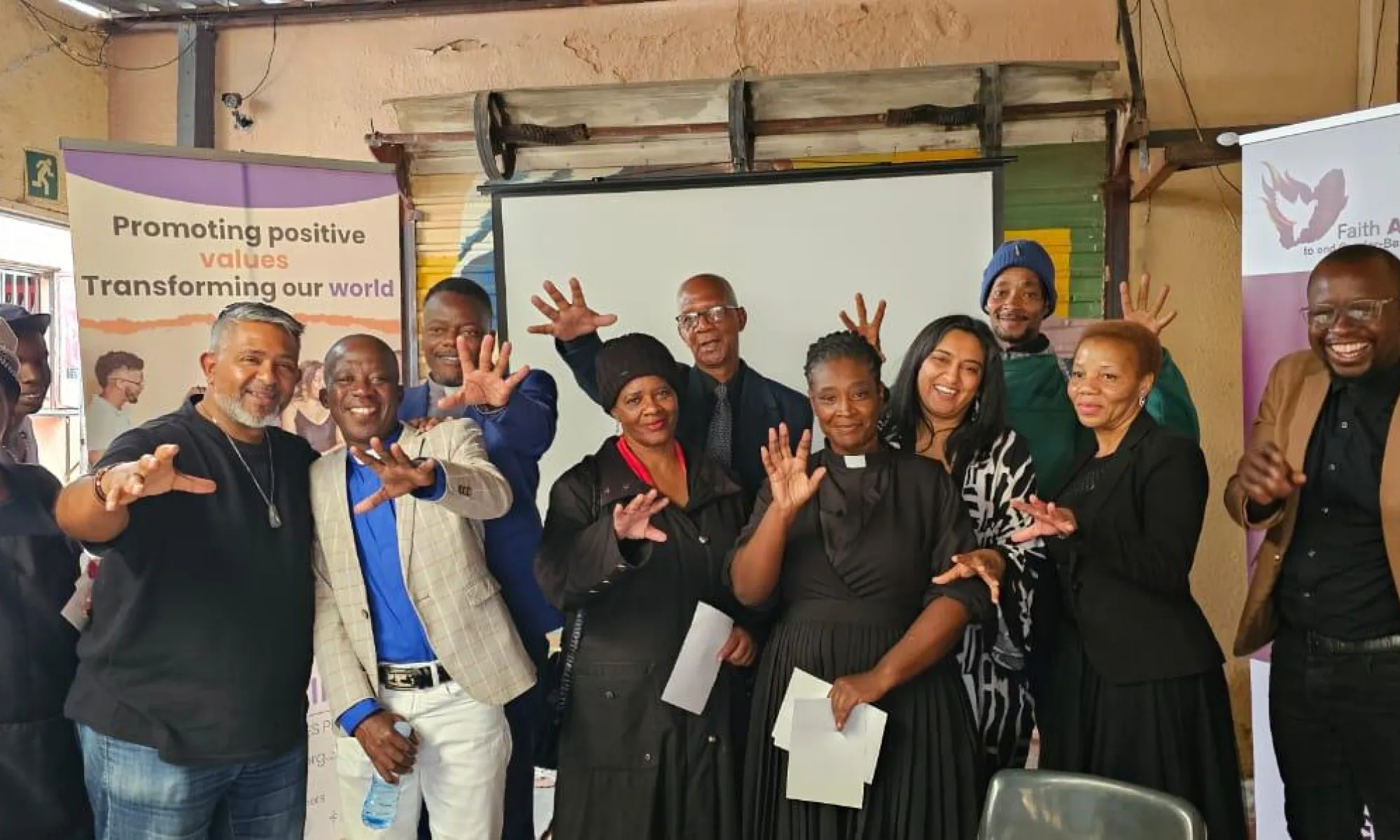How do we celebrate our young girls, not at the expense of the boy child?
Children , GBV , Being a fatherSouth Africans have a fascinating talent: we can turn the simplest debate into a World Cup final. Ask us if pap is better with beef stew or chicken, and we’ll divide into political parties. Now, add gender into the mix and suddenly the room erupts into a heated discussion.

The question of celebrating young girls without sidelining boys is one of those hot topics. And it deserves real thought, because the last thing we want is to solve one problem by creating another.
Why celebrating girls is necessary
Let’s be frank: for generations, our daughters were raised on a strict diet of silence and self-sacrifice. "Sit like a lady," "Don’t be too loud," "Your brother comes first." These notions were so woven into our homes and schools that we watered down the girl-child’s dreams and opinions, and any ambitions that stretched beyond playing house with Barbie or dreaming of being a princess.
So yes, initiatives that empower girls are crucial. We need more girls empowered, more girls in science labs, more girls leading companies, more girls who know they can say “No” to things that don’t serve them. This work is long overdue. And let’s be honest, every time a girl dares to dream bigger, she’s not just changing her life, she’s changing the narrative.
Here’s the kicker though: while we’ve been busy fixing centuries of neglect for girls, some of our boys are growing up in a strange wilderness. They’re told to “man up” but aren’t given any tools to deal with rejection, stress or complicated feelings. Society keeps insisting boys must be strong, but then leaves them hanging when it comes to handling weakness.
The result? Too many boys grow up thinking their value comes from control or bravado rather than kindness or responsibility. This is part of why we see toxic masculinity, gender-based violence and men who carry heavy weights but can’t carry a conversation about their feelings and are emotionally allergic to admitting: “I’m not okay.”
Balancing the celebration of girls and boys
So how do we balance it? We need to celebrate girls loudly but celebrate boys wisely. Let’s keep pushing for girls’ empowerment, but also remind our boys that they, too, are more than just the outdated script of “provider” or “protector.” A boy who learns to cook, clean, cry and communicate is not less of a man, he’s just added more layers to himself.
Yes, let’s push for more girls to break glass ceilings. And yes, let’s also teach boys that they don’t need to sweep up the glass with violence or insecurity.
It’s also about teaching equality, not rivalry. Empowering girls doesn’t mean disempowering boys. We must raise both with the same message: your value is not dependent on gender, but on who you are and how you treat others. Teach respect before entitlement. Teach empathy before ego. Teach kindness alongside courage.
This isn’t just theory. It’s happening in homes and schools across the country every day. If your daughter comes home excited about coding in class, celebrate. If your son wants to attend culinary school, celebrate. The moment we box kids into roles, we’ve lost.
We must also model balance at home. Children learn by watching us, not by listening to empty lectures. If dad cooks supper sometimes and mom fixes a plug, the kids get a living masterclass in equality without anyone needing to give a TED Talk about it. If parents share chores, respect boundaries and speak openly about emotions, children absorb it naturally. It becomes part of their DNA before they even step into the chaos of high school debates, office politics or dating.
We must also model balance at home. Children learn by watching us, not by listening to empty lectures.
Celebrating girls and supporting boys is not an "either/or". It’s a "yes, and". Yes, let’s push for more girls to break glass ceilings. And yes, let’s also teach boys that they don’t need to sweep up the glass with violence or insecurity. The “yes, and” approach is the Swiss Army Knife of parenting: it handles every situation, even those complicated ones we wish came with an instruction manual.
When we raise our kids with fairness, both sexes win. The girl child doesn’t have to fight twice as hard for a seat at the table. The boy child doesn’t grow up confused, angry and feeling left behind. And maybe, just maybe, we’ll finally reach that sweet spot where our daughters and sons can sit at the same table, share the pap, and not fight over whether beef stew or chicken goes best with it.

Lehlohonolo Ramosolo
Lehlohonolo is a creative and results-driven social media and content specialist who is passionate about social and community-building communication.
Featured






